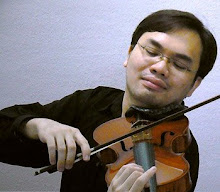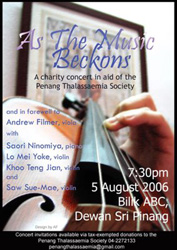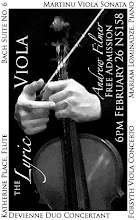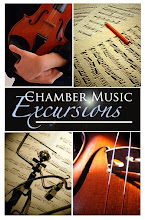Once in a while, I go off the bend. OK, more than once in a whilelah. Indulge me sikit, ok? There are some phrases I really suka. And since it's been a little while since I've been a formal English teacher, I can risk completely bemuddling their definitions. But before that, a little sample of the rather tipsy condition in which I am writing some of this:
Andrew F says:
well I don see very clearlhy right now
Andrew F says:
though tmethinks will swear ta my spelling tiowrrwo
Andrew F says:
tomorrow
Andrew F says:
ah something sober meerges
MY says:
hahhahhaha
Andrew F says:
oops too ale
for which some applause may be warranted at the mental ability to still manage credible spelling in the rest of this post, and even finding some merit in "Take My Breath Away" which is apparently on the CD player, yes, albeit it being done by the London Symphony Orchestra and Chorus.
"What's good for the goose is good for the gander" - or often misquoted as such anyway. Historical records show that the original was coined by a businessman claiming that his zoo-feed was capable of feeding any and all resident animals, with the motto, "What's good for the moose is good for the panda." Overzealous alliterators with media connections seem to have much influence these days, resulting in the change in the phrase, as well as, apparently some effect on this blog's title, perhaps.
"Diddly squat", as in "It's an old-fashioned toilet, Mr Diddly - squat, don't sit, oh crap, too late."
"You can't teach your grandmother to suck eggs" as in "She saw the back of the wheelchair and the screaming hens, and shouted, 'Bobby, stop it! You can't teach your grandmother to suck eggs.'"
"You can't teach an old dog new tricks" as in "Bobby then went to the pet cemetery with a shovel and a frisbee, and asked where he was going, answered 'Gonna see if you can't teach an old dog new tricks.'"
Subscribe to:
Post Comments (Atom)






No comments:
Post a Comment